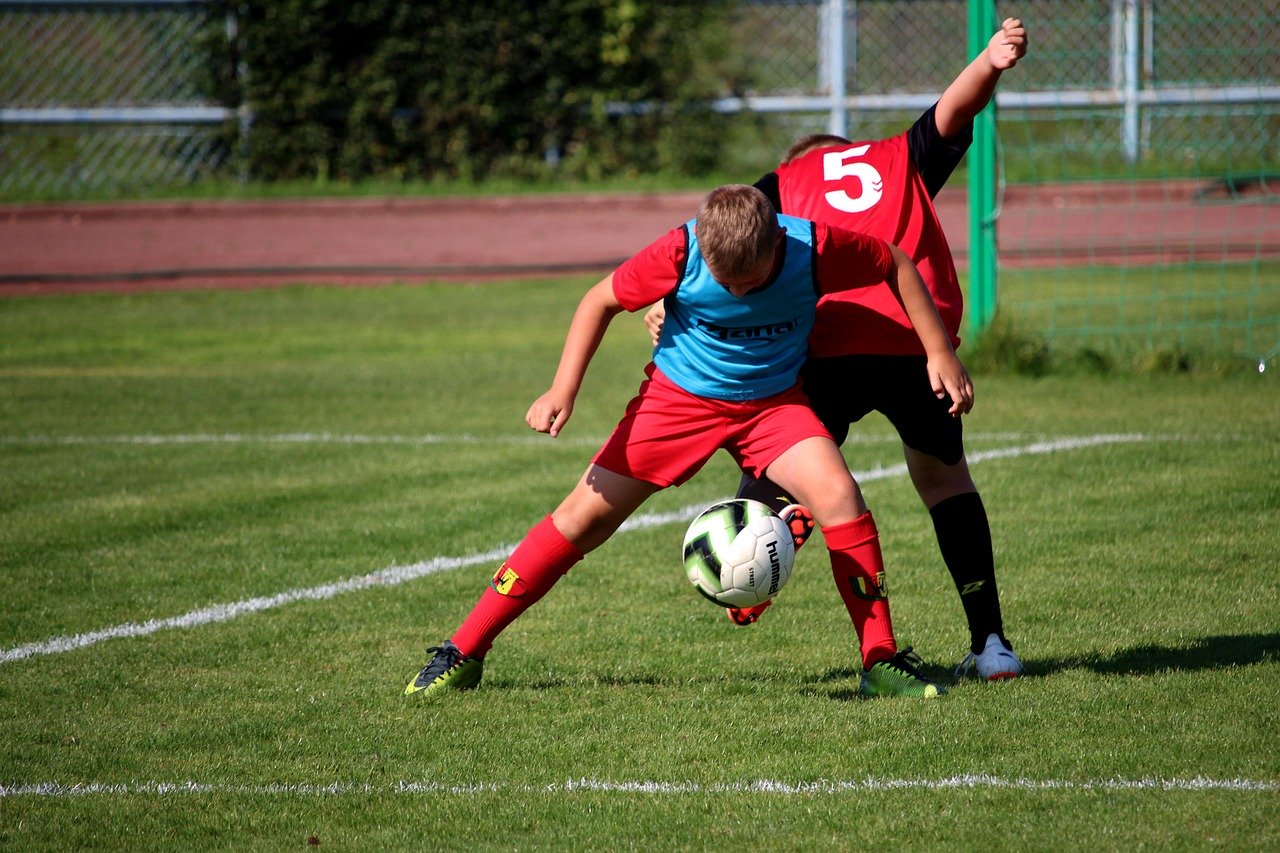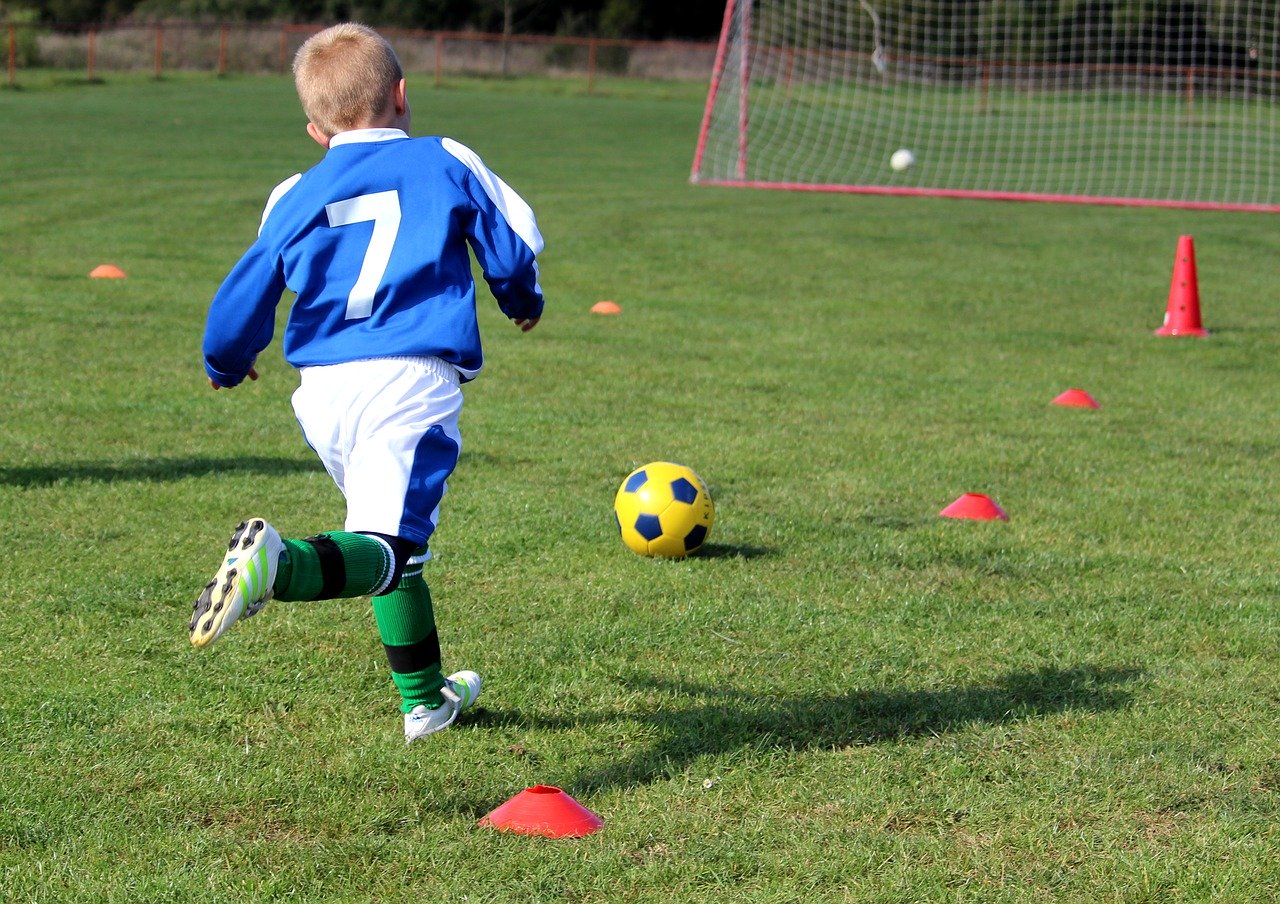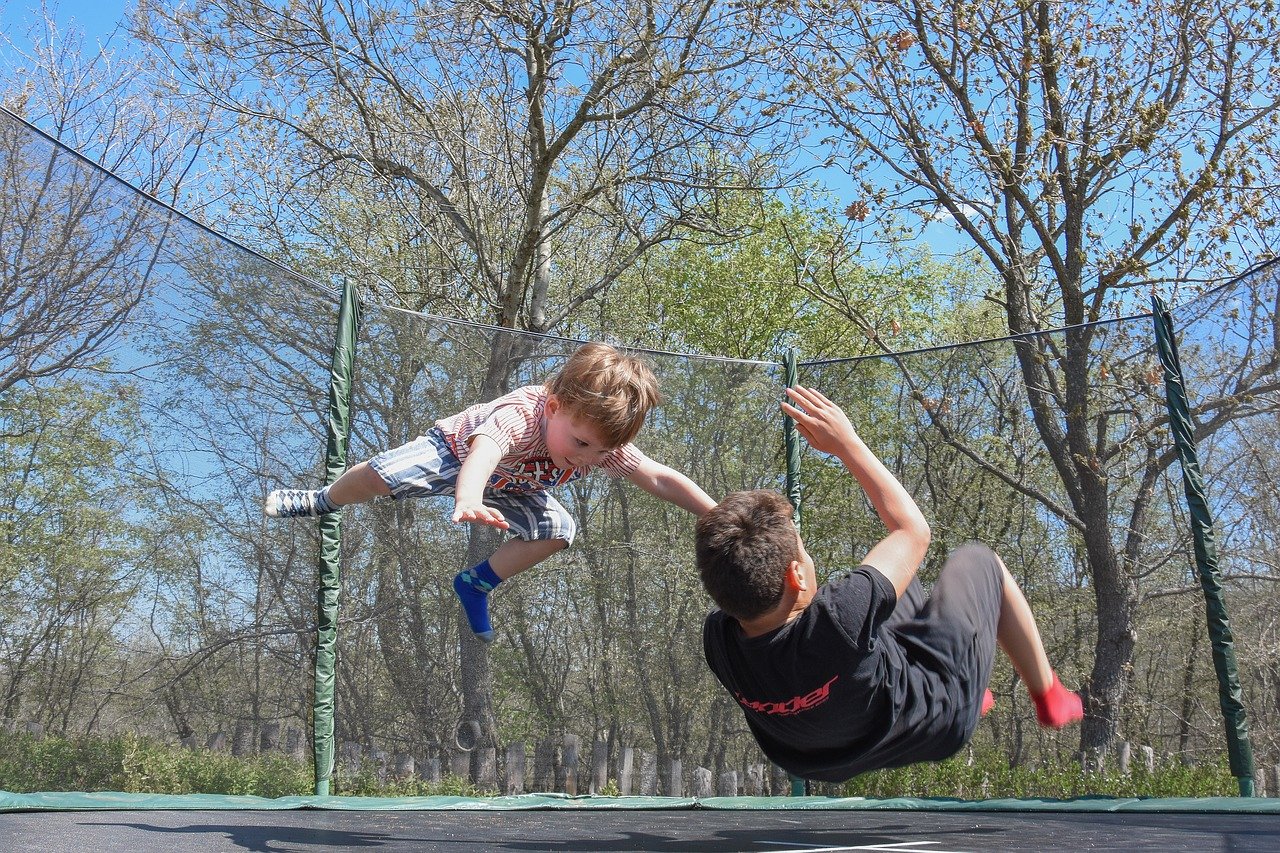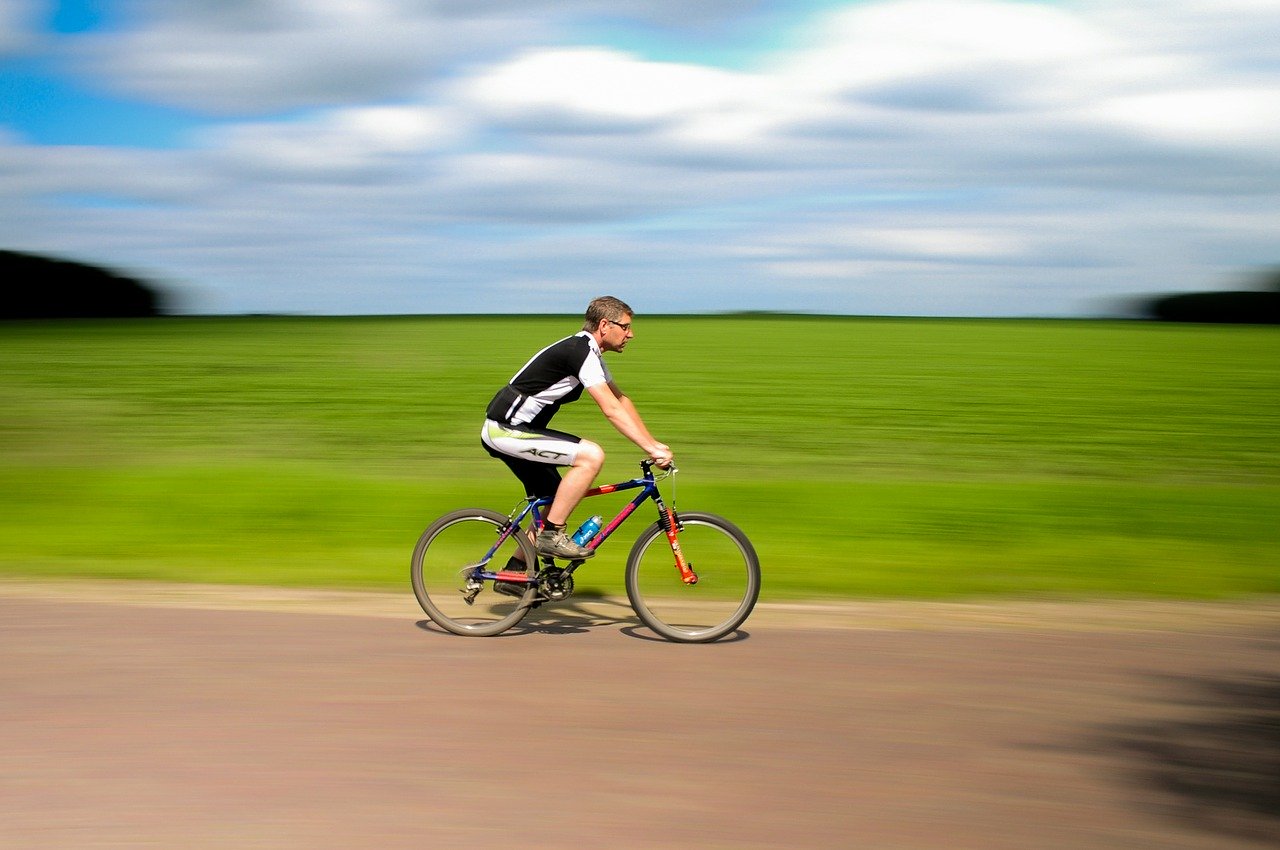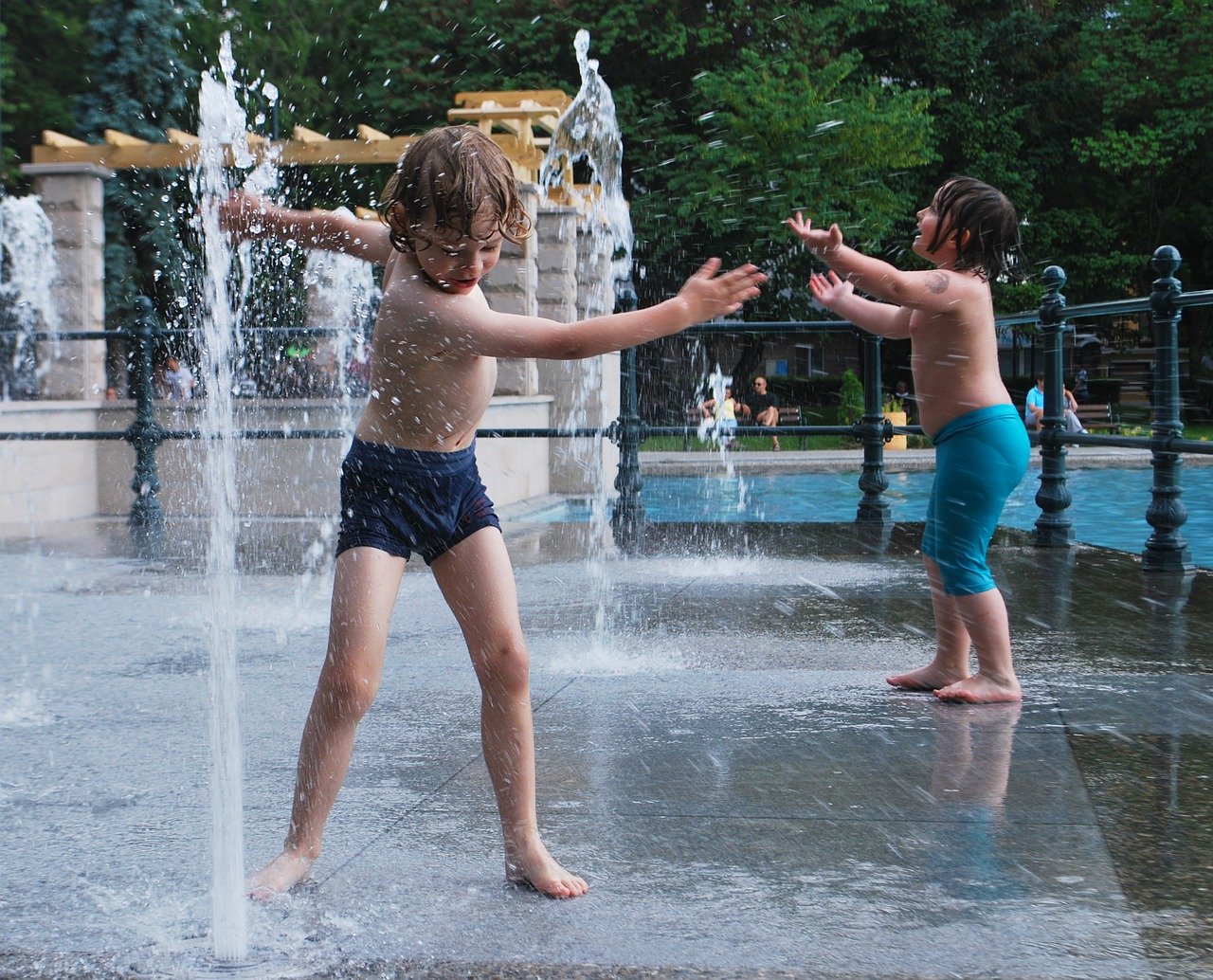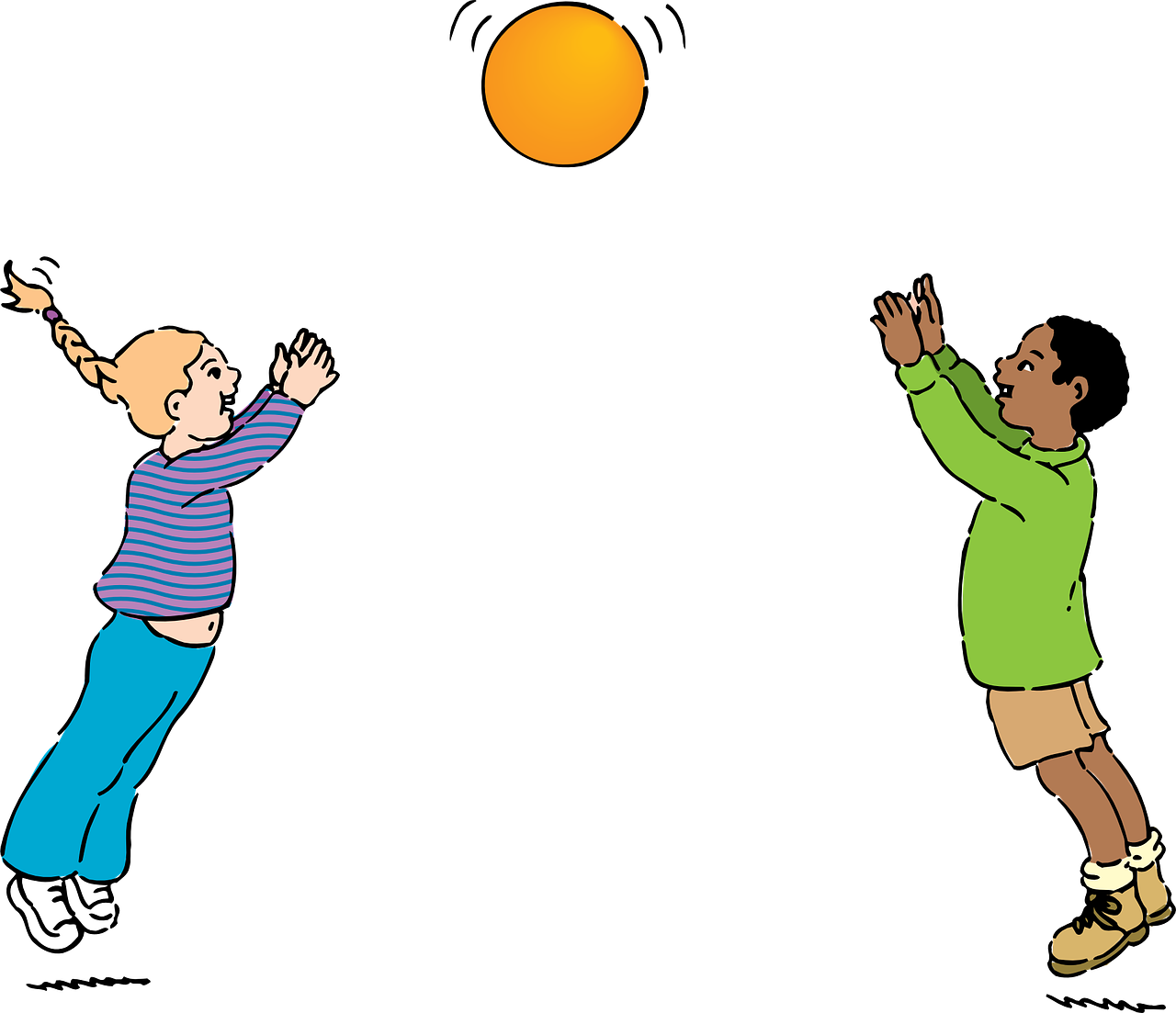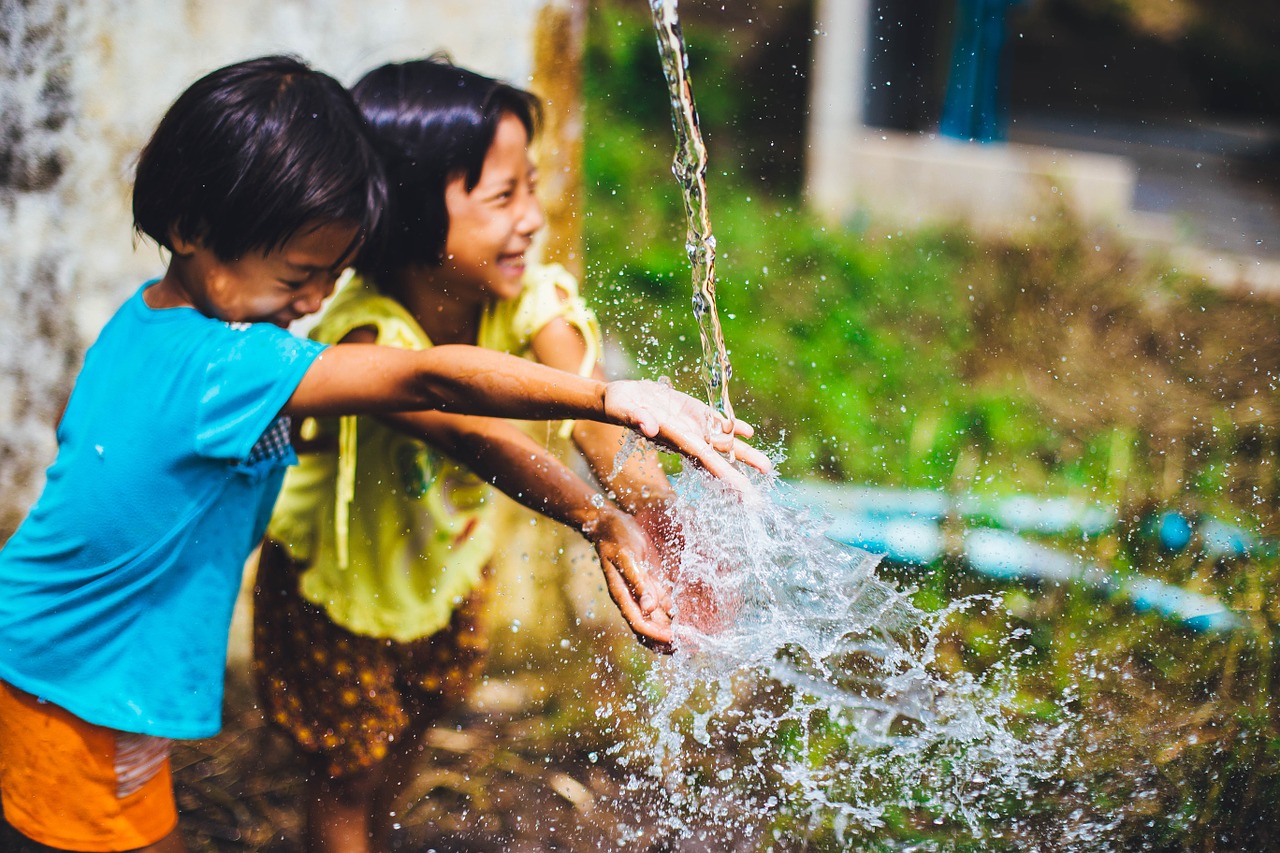In August 2019 researchers from China published the results of their study to assess risk factors for near/shortsightedness among schoolchildren. The researchers stated that in recent decades, the incidence of … Read more
Outdoor activity reduces the risk of childhood near/short sightedness
In May 2019 researchers from the USA published their review on the cause of near/short sightedness in childhood. Today’s popular press is filled with reports of children’s digital device use … Read more
Children living in Singapore are exposed to significantly less daily outdoor light than Australian children, which may be a factor in the higher incidence of near/short sightedness in Singapore
In May 2018 researchers from Australia and Singapore published the results of their study to assess patterns of daily light exposure in similarly aged children. It is known that the … Read more
Parental near/short sightedness, age when a child starts to wear glasses, and more time spent on reading and close work and less on outdoor activities in childhood appear to be associated with a high degree of near/short sightedness
In August 2019 researchers from Finland published the results of their study to assess the risk factors for near/short sightedness. A total of 240 schoolchildren (119 boys, 121 girls; average … Read more
Outdoor sports and physical activities may produce social and psychological benefits and help prevent vitamin D deficiency, multiple sclerosis, osteoporosis and near/short sightedness
In May 2019 researchers from Italy published their review on the effect of regular outdoor sports and physical activities across all age groups. They stated that the benefits of cutting-edge … Read more
School-aged children have a slightly lower risk of developing near/short sightedness and a lower myopic shift rate with a higher number of hours spent undertaking outdoor activities
In April 2019 researchers from the USA published the results of their review of the medical scientific literature to assess whether increased outdoor activity reduced the risk of developing near/short … Read more
Time spent outdoors appears to help protect against near/short sightedness
In August 2019 researchers from China published the results of their review of the medical scientific literature to assess whether spending time outdoors helps protect against near/short sightedness. A total … Read more
Outdoor activities and daylight appear to have a protective effect against progression of near/short sightedness and younger children with significant near/short sightedness should be monitored closely, especially those around 6 years old with parents who are near/short sighted
In January 2019 researchers from Spain and Brazil published the results of their study to assess potential risk factors for the progression of near/short sightedness. A total of 82 children, … Read more

